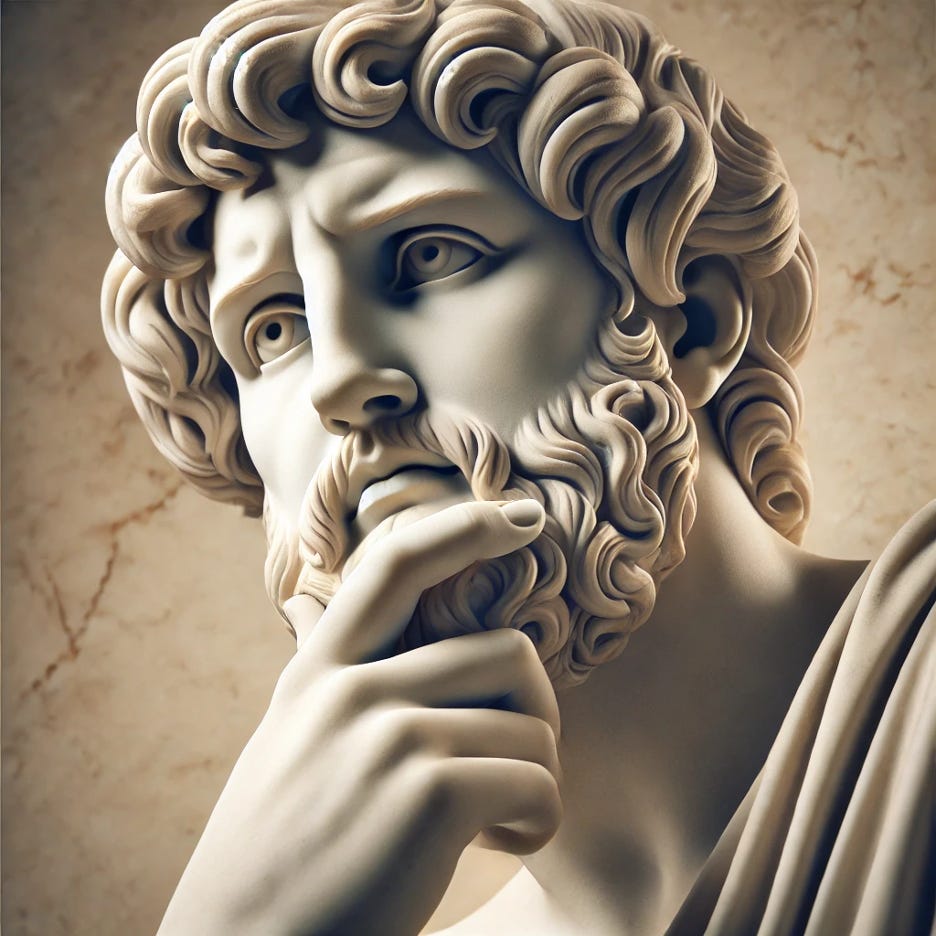The Strength of Doubt
While excessive doubt can lead to paralysis, a healthy dose encourages continuous learning and adaptability.
"Doubt is the beginning, not the end, of wisdom." — George Iles
Bertrand Russell's observation, "The whole problem with the world is that fools and fanatics are always so certain of themselves, and wiser people so full of doubts," encapsulates a revealing truth about leadership and vulnerability. In today's volatile, complex, ambiguous, and uncertain world, the most effective leaders are those who embrace their uncertainties, recognizing that doubt is not a weakness but a pathway to growth and understanding.
As a U.S. Army lieutenant colonel deployed to Bosnia in 1998-99, I served as the principal staff officer (G3) of the 1st Cavalry Division, responsible for operations, plans, and training for a roughly 10,000-troop multinational stabilization force helping to enforce the Dayton Peace Accords. Every operational plan my team devised was met with the same question from my boss, the division’s commanding general: How will this plan fail? Until we could answer that question and develop contingencies for those failure points, we weren’t done planning. No plan is ever perfect, but this process forced us to challenge our own assumptions, anticipate weaknesses, and refine our approach. We had to doubt our own work—not as a sign of insecurity, but as a disciplined approach to strengthening our decisions. It’s a lesson I carried with me for the rest of my career.
Certainty can often lead to rigidity, where leaders become closed off to new ideas and perspectives. This inflexibility stifles innovation and alienates team members who may feel undervalued or unheard. On the other hand, leaders who acknowledge their doubts demonstrate humility and openness, creating an environment where collaboration and creativity can flourish.
Embracing doubt requires vulnerability—the courage to admit that you don't have all the answers. This admission fosters trust within a team, as members feel empowered to share their insights and challenge assumptions, even if in the end they’re incorrect. Such a culture not only enhances decision-making but also builds resilience, as the collective wisdom of the group is harnessed to navigate uncertainties.
However, it's essential to balance doubt with confidence. While excessive doubt can lead to paralysis, a healthy dose encourages continuous learning and adaptability. Leaders should strive to be confident in their abilities while remaining open to feedback and new information. This dynamic approach ensures that decisions are well-informed and considerate of diverse perspectives.
Bertrand Russell's quote highlights the value of vulnerability in leadership. By embracing doubt, leaders can foster a culture of openness and innovation, leading to more thoughtful and effective decision-making. In a world that often values certainty, it's the wise leader who understands the strength found in admitting, "I don't know."
For more about vulnerable leadership, please check out my book Large and In Charge No More—A Journey to Vulnerable Leadership. Thank you.


